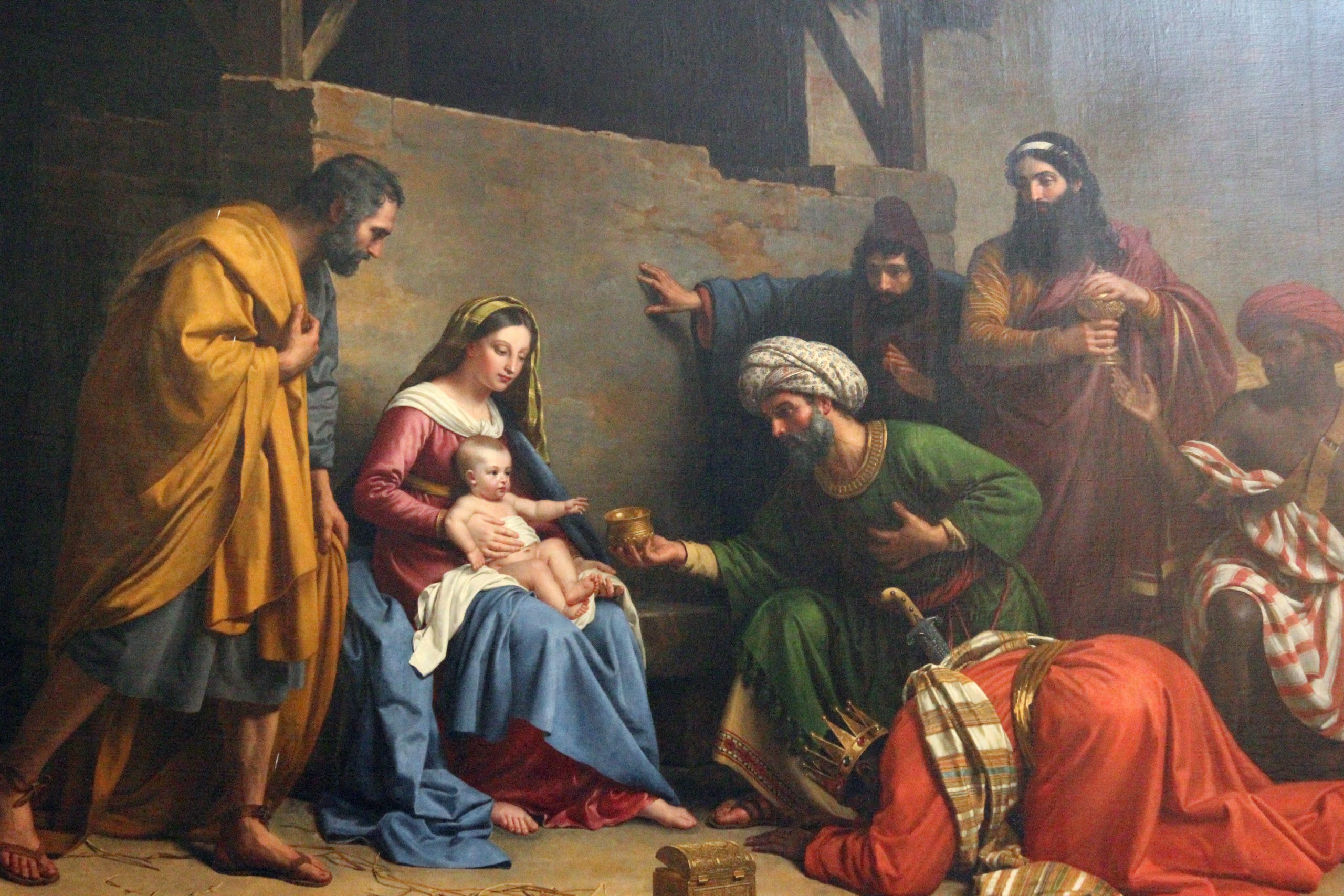Adaptive leadership, it’s all the buzz these days. From early work by Ron Heifetz, to more recent books like Sailboat Church by Joan Gray and Canoeing the Mountains by Todd Bolsinger, everyone is talking about the reality that many of our old ways of doing things will not work in today’s church and world. At Duke University, Greg Jones has been advocating for traditioned innovation, keeping what is essential and meaningful in our faith and practice, and imagining it in new ways. Walter Brueggemann concurs with this idea, noting that both continuity and surprise characterize the pattern of God’s redemptive work.[i] Interestingly enough, we don’t have to look any farther than the birth narratives of Jesus to see models of this type of adaptive leadership.
In Luke chapter 1, Zechariah’s name is finally called to offer incense in the sanctuary. As he is performing his sacred duties, just likes countless other priests have done for hundreds of years, God breaks into the continuity of tradition with a surprising announcement. Zechariah and Elizabeth will bear a son in their old age. They understand that this is a seismic shift. There has been no prophet in Israel since the days of Malachi; the birth of a new prophet will usher in the dawn of the Messianic age. I picture the now mute Zechariah learning adaptive leadership as he shares this news with the people and prepares to parent the front-runner of the Lord.
In the opening chapter of the gospel of Matthew, we encounter a struggling Joseph. He has just learned that Mary is pregnant with someone else’s child. Just as he decides to put her away quietly, an angel appears to him in a dream proclaiming that Mary is carrying the Savior. Not only must Joseph adapt quickly to becoming the earthly guardian of God, he must also help his young family navigate their refugee status in Egypt. When they return, he will raise Jesus in the continuity of Jewish tradition while living with the wonder and surprise of Emmanuel, God among them.
Back in the gospel of Luke, Mary gets her own heavenly visitation that turns her life upside down. She has been chosen to birth and raise the Son of God. When Mary goes to visit her relative Elizabeth, John leaps in Elizabeth’s womb. Filled with the Holy Spirit, Elizabeth blesses Mary who responds with what we know as the Magnificat. In an amazing sermon on Sunday, the Rev. Meg Lacy asked if this hymn was a lullaby or a battle cry, for it is full of the language of social justice.[ii] Did Mary practice adaptive leadership, raising Jesus to be faithful to their tradition while preparing him to usher in the Kingdom, to usher in justice and righteousness for all?
And what of the visitors? Imagine the changes required of the shepherds – the surprise appearance of the angels upended the continuity of their pastoral lives. Only the work of the Spirit could turn these likely uneducated flock tenders into the first proclaimers of the gospel. And the magi? How many of their family and friends scoffed at the idea of following a new star to an unknown destination? Although they were committed to this two year journey, they had their fits and starts along the way. First the travelers showed up in the wrong town, then the reigning king felt threatened by their presence. They needed help interpreting their message, and then they received a warning in a dream not to return to Herod, reminding us that adaptive leadership is challenging at best.
Too often we sanitize the Christmas story as we ooh and ahh over children and their innocent portrayal of the birth of Jesus. But the reality couldn’t be any farther from truth. Jesus was born to a community suffering political oppression and economic injustice, people who had been waiting and praying for centuries for God to do a new thing. When God broke into the continuity of their tradition, they doubted and questioned, they were terrified and sometimes lacked clarity. Yet amidst the chaos and confusion, they were surprised by wonder, and joy and peace. They couldn’t help but lean in and obey and follow.
May it be so with us this Advent season as we await with expectation for God to break into our lives and congregations anew.
[i] Walter Brueggemann, Luke, The New Interpreter’s Bible (Nashville: Abingdon Press, 1995), 48.[ii][ii] Meg Lacy, Lullaby or Battle Cry, sermon preached at Tabernacle Baptist Church, Richmond, VA, December 8, 2019.

Leave a Reply